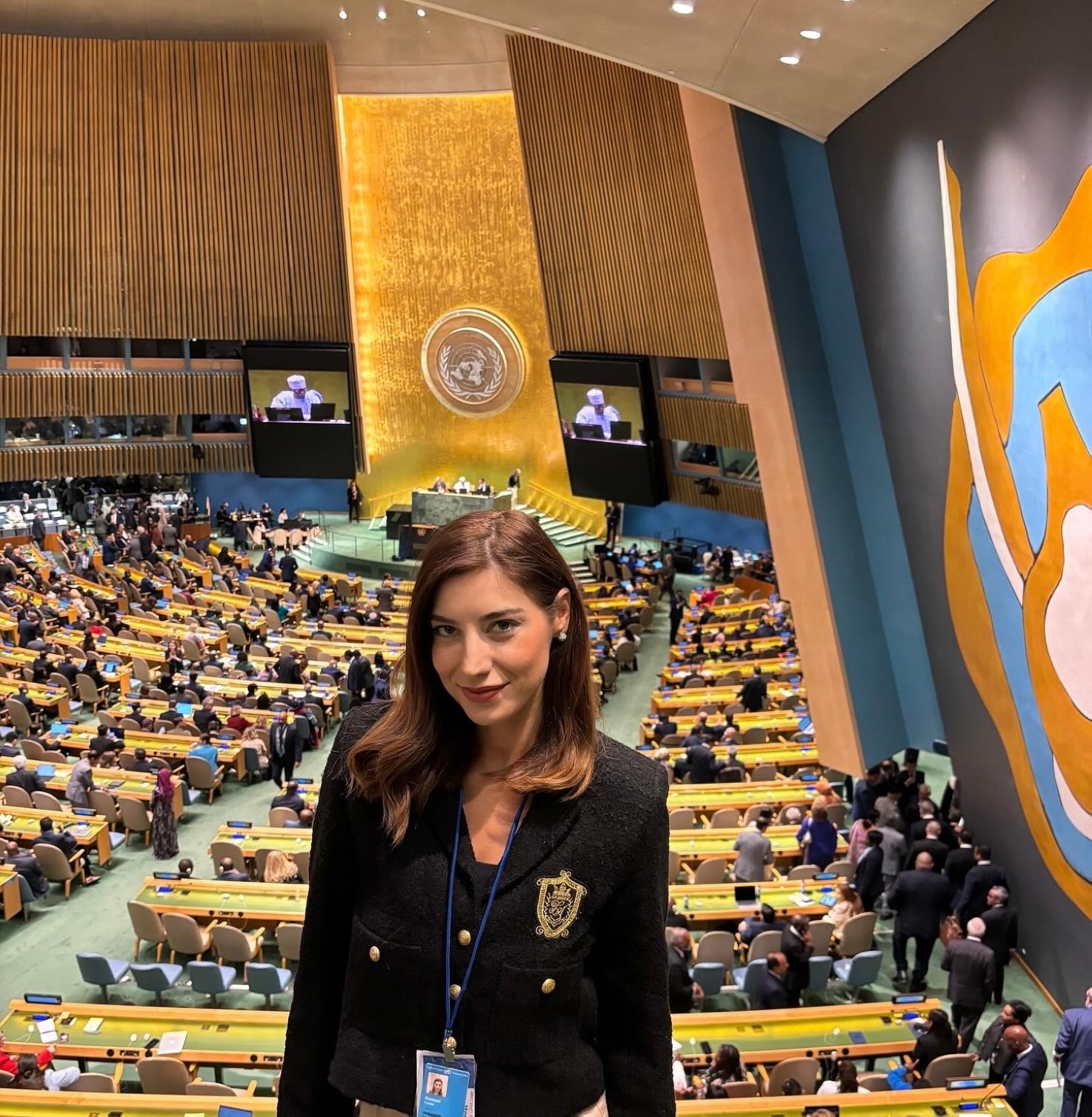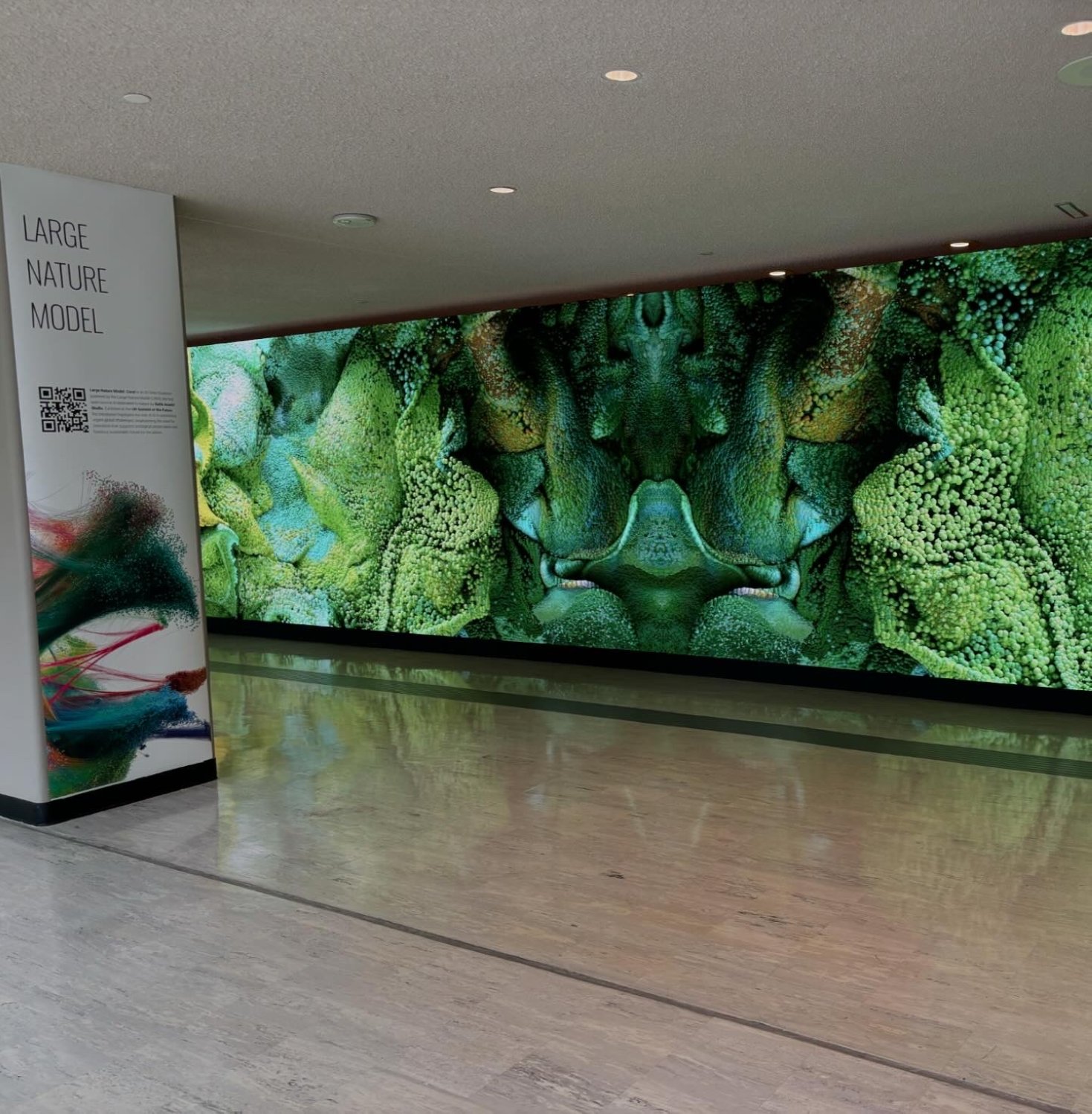© Turkuvaz Haberleşme ve Yayıncılık 2024
The 79th session of the United Nations General Assembly has kicked off with high-level meetings in New York City, and, as expected, the world is paying close attention. But what do these grand speeches and lofty declarations mean in practice? From climate warnings to geopolitical confrontations, this week has showcased both the best and worst of global diplomacy. Here are my personal thoughts on the most noteworthy moments so far.

U.N. leaders convened at a time when global crises, conflicts, and wars are escalating at an alarming rate. From Gaza to Ukraine, and Sudan to Haiti, the sheer number of humanitarian emergencies dominated the agenda. Among these, Gaza, described by the U.N. as "hell on earth," stood out as a key focus. Leaders were expected to push for a cease-fire while addressing Israel's violations of international law and the ongoing challenges of delivering aid to the region. This year’s U.N. General Assembly revolved around the theme, "Leaving no one behind," urging collective action for peace, sustainable development and human dignity for both present and future generations.
U.N. Secretary-General Antonio Guterres started the week with a dire message, warning the global community of an impending catastrophe. His words were clear: the world is on the brink and without urgent cooperation, the consequences will be catastrophic. He emphasized the growing inequality and impunity across nations, which have rendered international systems almost paralyzed. It’s difficult not to be struck by the gravity of his speech; yet, as always, the real question remains –who's listening?
Is this a wake-up call, or just another speech to add to the archives of missed opportunities? Time and time again, we hear these warnings and yet, countries continue to prioritize national interests over collective survival. Perhaps this time, with natural disasters becoming the norm, the global community will finally heed the call.
The atmosphere in the U.N. Assembly Hall crackled with energy as President Recep Tayyip Erdoğan took the stage. The hall was packed and anticipation hung in the air. His words were sharp, his tone unwavering, as he condemned the world’s inaction over Gaza, labeling it as "genocide." Erdoğan’s fiery plea, “What are you waiting for?” didn’t just reverberate through the packed hall; it struck a chord far beyond it. As applause thundered, his message was clear: the world could no longer afford to look away. He didn’t stop at Gaza, though. “It’s not just children in Gaza; at the same time, the United Nations system is dying, truth is dying, the values the West claims to defend are dying and humanity’s hopes of living in a more just world are dying one by one,” he declared.
In what might be his last address to the U.N. as president, Joe Biden made an impassioned plea for peace and the preservation of democracy. With Israel escalating attacks and conflicts spreading, Biden pushed for a two-state solution as the only path to lasting peace between Israel and Palestine. But can this be achieved in the current climate? His words, though well-intentioned, felt like a distant dream in the face of growing violence. In a world increasingly leaning toward authoritarianism, Biden’s call for democracy feels more like a farewell speech for a fading era.
In a refreshing break from the grim political landscape, Turkish media artist Refik Anadol’s AI-powered artwork provided a different perspective on our global challenges. His “Large Nature Model: Coral” stunned audiences with its immersive portrayal of coral reefs, blending art, technology and environmentalism in a way that feels both futuristic and deeply human. At a time when climate action is often reduced to bureaucratic talks, Anadol's work serves as a vivid reminder of what’s at stake.

His artwork is more than just a visual marvel; it’s a challenge to world leaders to integrate creativity with policy and to use technology not just for profit, but to protect and preserve our planet.
On the business front, Türkiye's presence at U.N. Week extended beyond diplomacy. The country is making an assertive push to attract foreign investment, especially from the U.S., with high-profile ad campaigns lighting up Times Square. The messaging is clear: Türkiye is open for business, with a strategic location and sustainable investment opportunities.
As the UNGA continues, we’re left with big questions. Will this gathering of leaders yield real action, or is it another exercise in global posturing? From the urgent cries for climate action and human rights to the more tactical displays of art and investment, this week at the U.N. encapsulates the mix of hope and cynicism that defines global governance today. The world is watching, but will it act? That remains to be seen.
